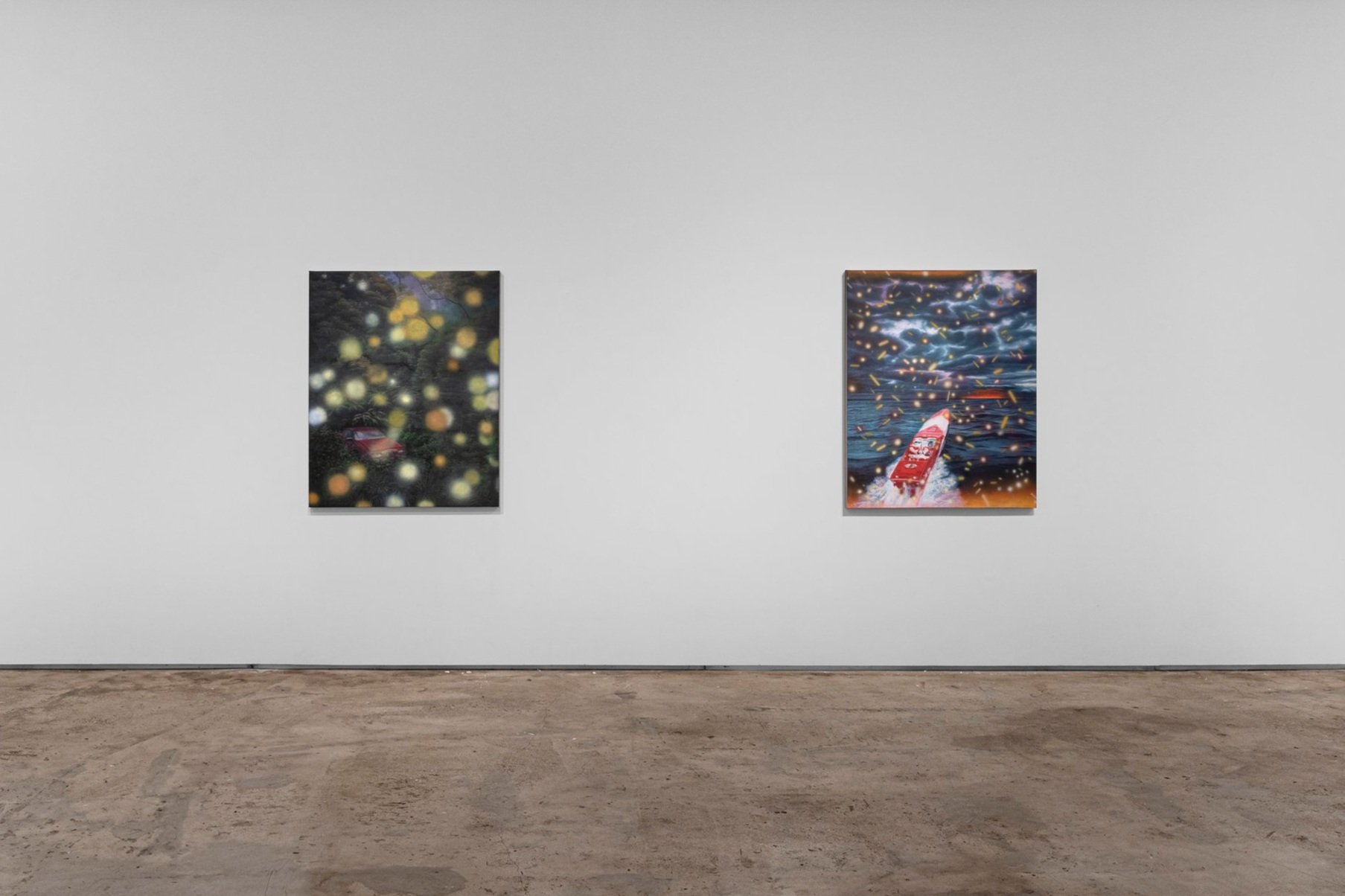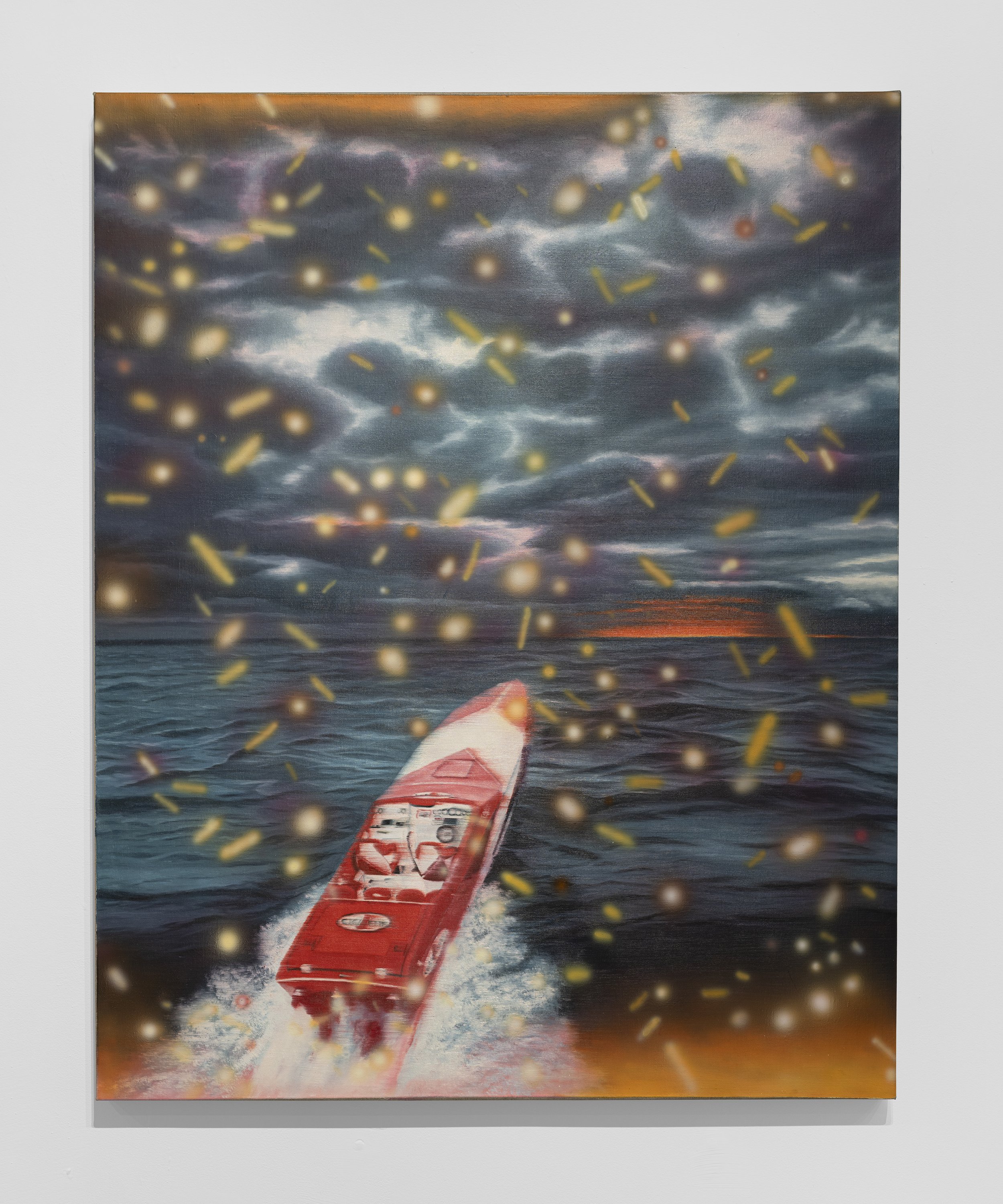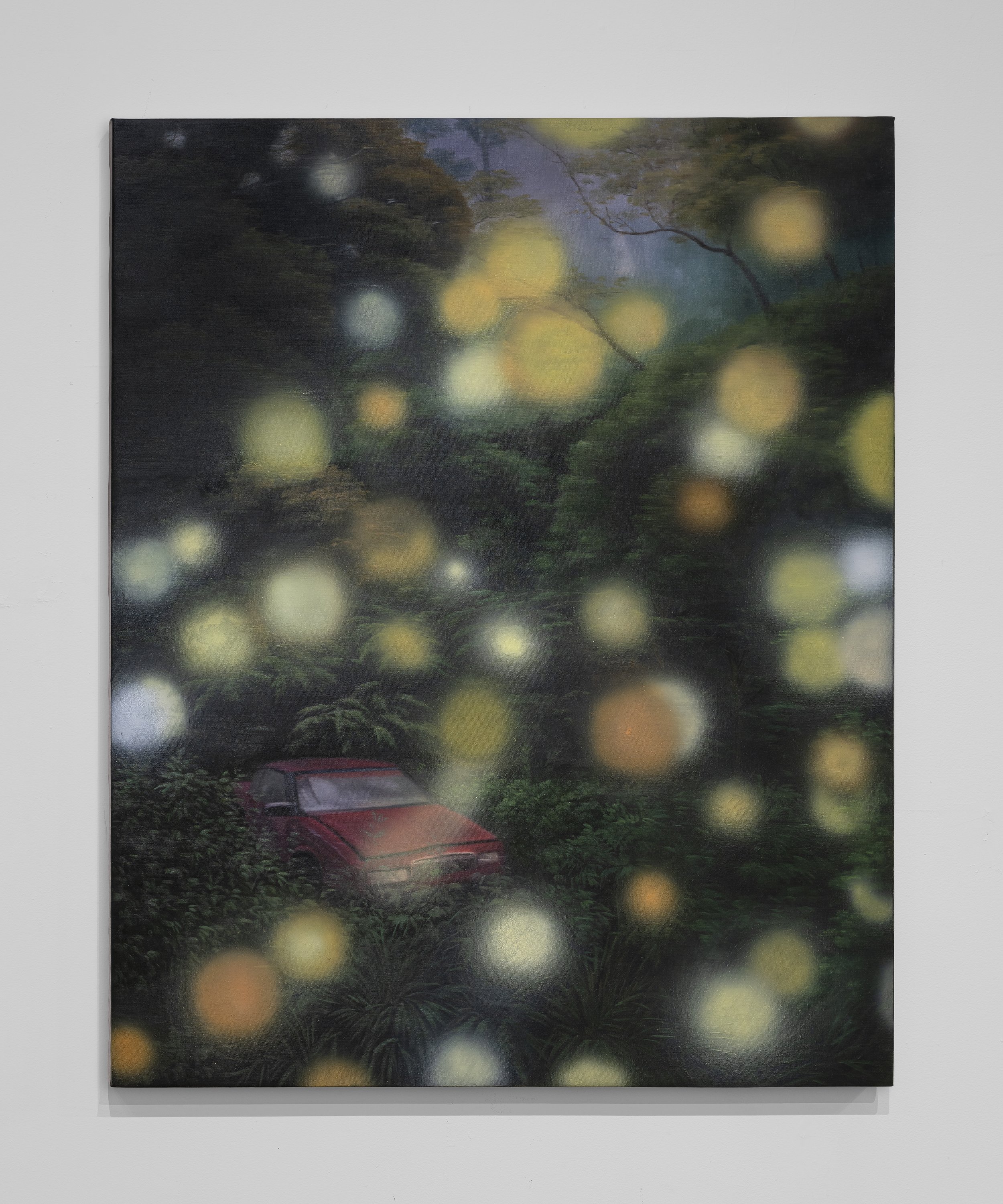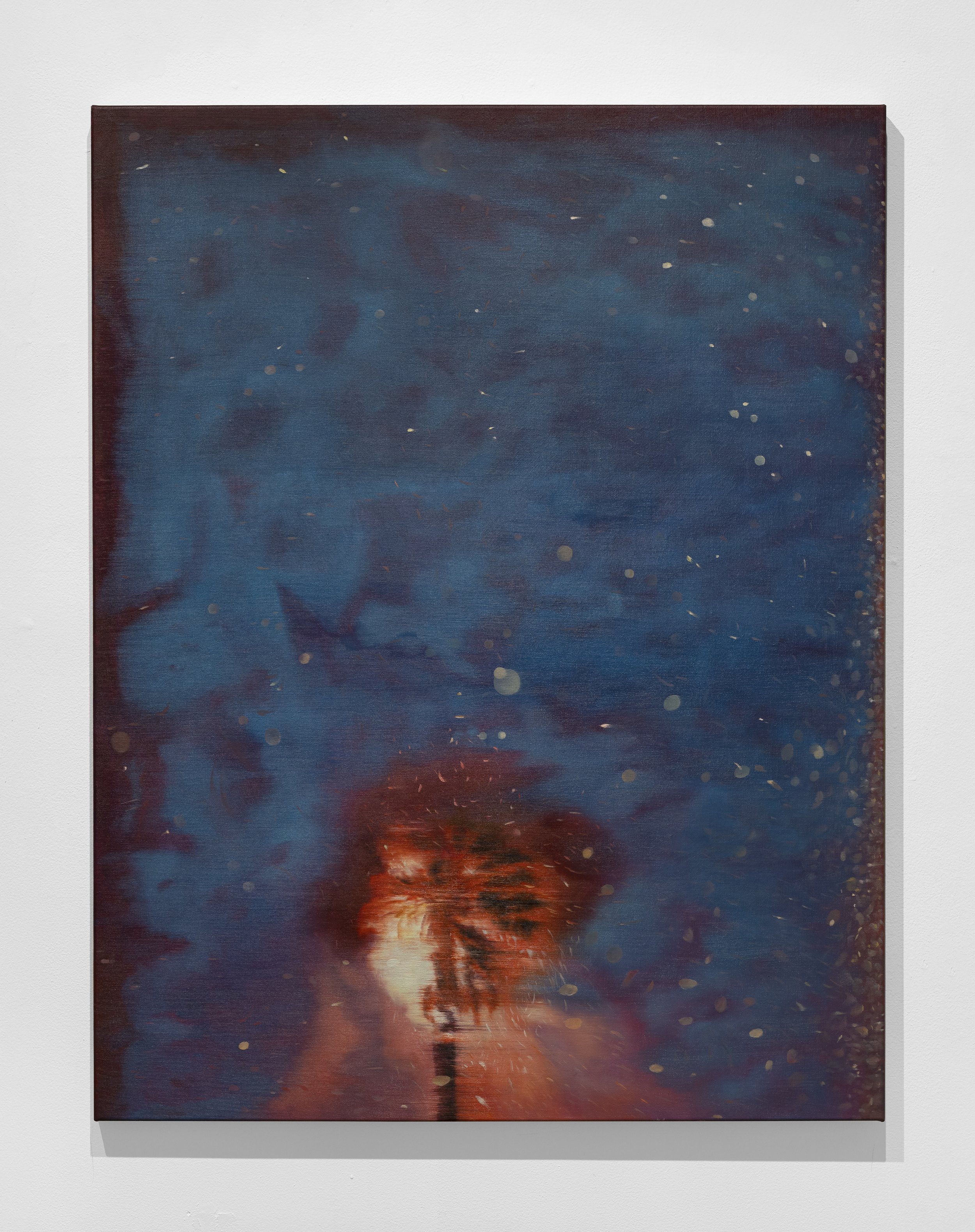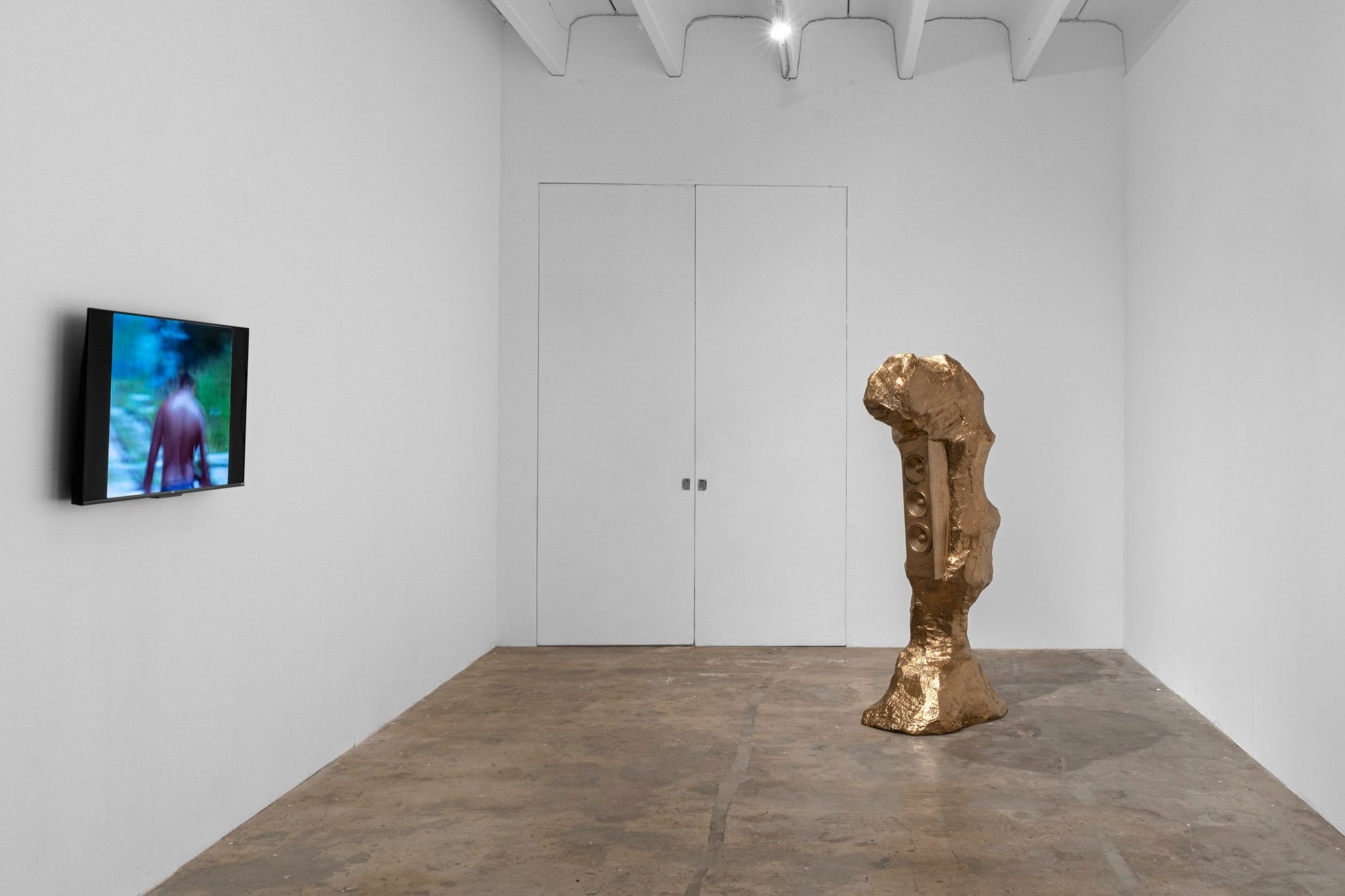Luis Gispert
Garden of the Fugitives
September 10 - October 8, 2022
“First the good news. The moratorium on imagining the end of capitalism, noted in the 1990s by Fredric Jameson, has finally expired. The long-awaited end of capitalism could merely be the beginning of something much worse. Late capitalism is certainly bad enough, with its explosive cocktail of climate change, inequality, police brutality and the deadly pandemic. Today, it’s easier to imagine the end of the world than the continuation of capitalism as we know it.
The not-so-good news is that, in undertaking this speculative exercise in apocalyptic scenario-planning, the left has a hard time differentiating itself from the right. In fact, the two ideological poles have all but converged on a shared description of the new reality.
For many in both camps, the end of actually existing capitalism no longer means the advent of a better day, Instead, the emerging consensus is that the new regime is nothing short of feudalism—an -ism with very few respectable friends. True, today’s neo-feudalism arrives with catchy slogans, slick mobile apps, even the promise of eternal virtual happiness in the borderless demesne of Zuckerberg’s metaverse. Its vassals have swapped their medieval garb for the elegant t-shirts from Brunello Cucinelli and sneakers from Golden Goose."
Evgeny Morozov
New Left Review 133/134 Jan/Apr 2022
